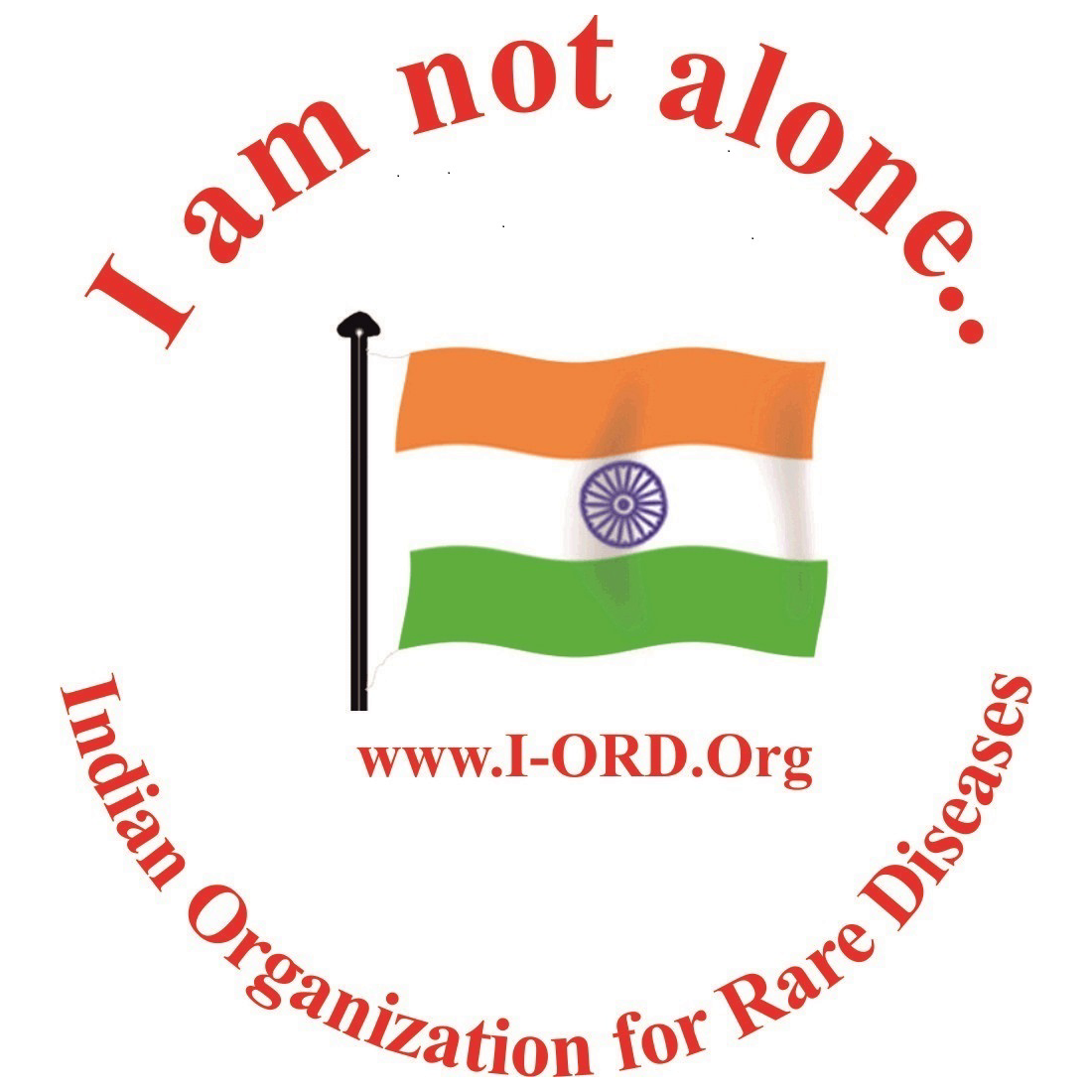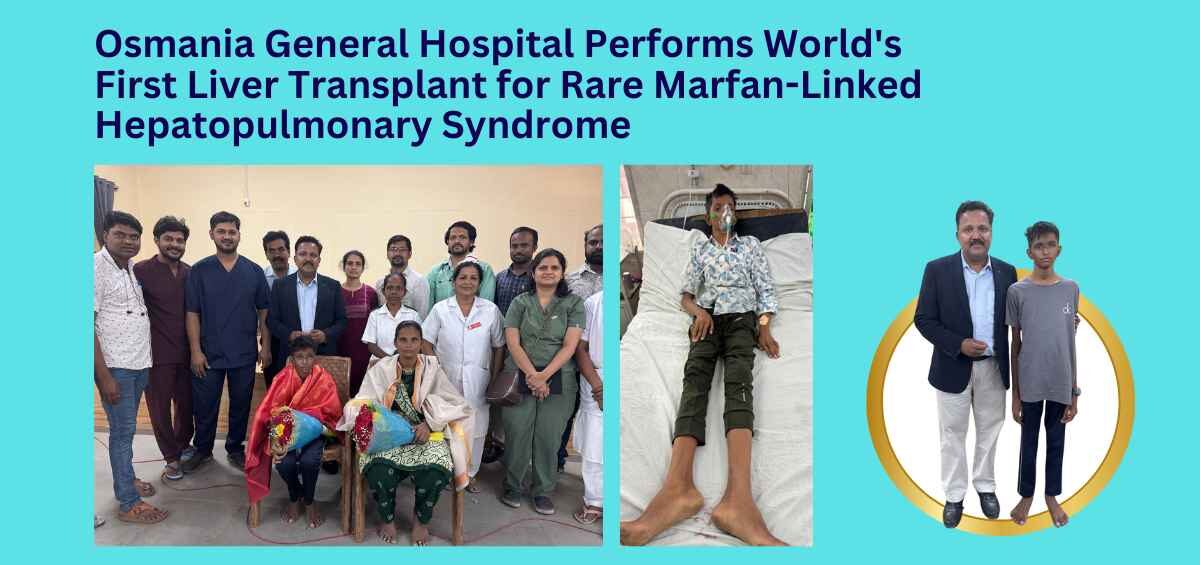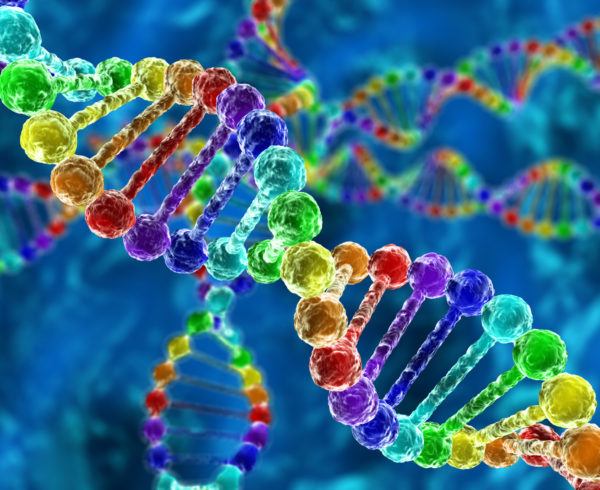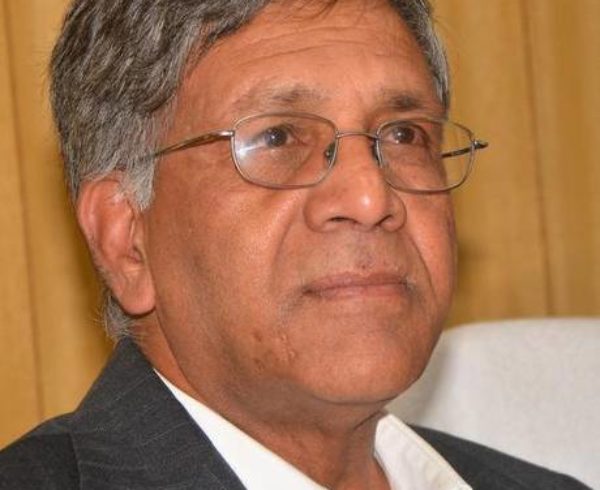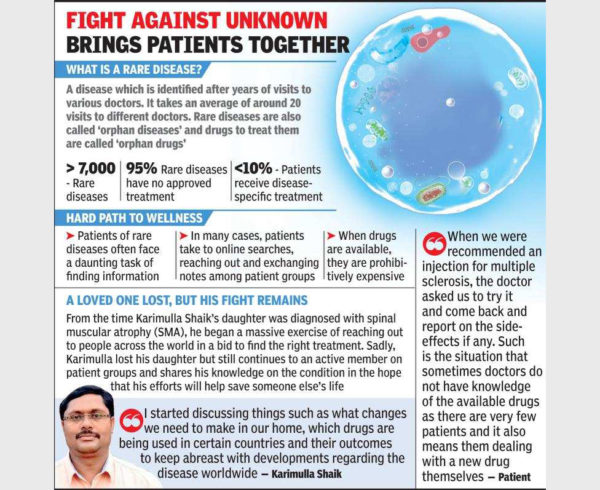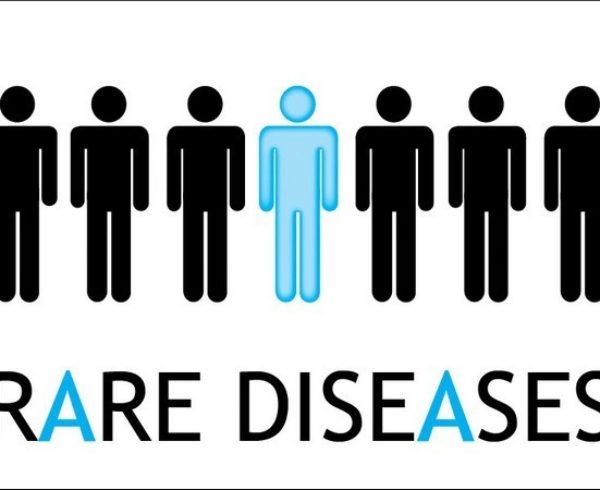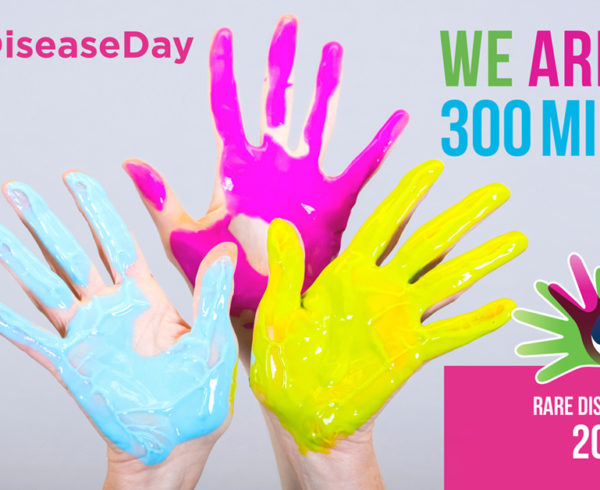Telangana Chief Minister A. Revanth Reddy praised Osmania General Hospital for successfully saving a youth’s life through a complex surgery.
In a historic medical achievement, doctors at Osmania General Hospital (OGH), Hyderabad, successfully performed a living donor liver transplant on a 14-year-old boy suffering from rare Marfan Syndrome compounded by very severe Hepatopulmonary Syndrome (HPS) — marking the first such case in the world.
The patient, G. Nikhil Reddy from Gokavaram, Machilipatnam in Andhra Pradesh, was born with Marfan Syndrome, a genetic disorder affecting connective tissue. Over the years, he developed complications including congenital glaucoma, cataract, and eventually chronic liver disease. Diagnosed at age 12 with HPS—a rare and serious liver-related condition that impairs oxygen exchange—his oxygen saturation had dropped to a critical 68%.
Despite initial consultations at CMC Vellore, the case was referred to OGH due to its complexity. A multidisciplinary team at OGH, comprising departments of surgical gastroenterology, cardiology, pulmonology, anaesthesiology, radiology, and critical care, evaluated the patient thoroughly. The transplant surgery, led by Prof. Dr. CH Madhusudhan (HOD, Surgical Gastroenterology) and his team, was successfully performed on March 7, 2025, with Nikhil’s mother, G. Swathi, donating a portion of her liver.
Post-surgery, the boy was managed in ICU for over a month. He is now stable, breathing without external oxygen support, and has an oxygen saturation level of 90%. This remarkable recovery has not only brought new hope to his family—daily wage laborers—but also set a new precedent in global transplant medicine.
The team included Dr. Wasif Ali, Dr. Sudarshan Reddy, Dr. Abhimanyu Singh (HOD Anaesthesia), Prof. Chandra Shakar, and numerous experts across departments. Their coordinated effort, supported by the governments of Telangana and Andhra Pradesh through the Chief Minister’s Relief Fund (CMRF), made the Rs. 60-lakh equivalent procedure possible at no cost to the family.
This case reinforces the life-saving potential of multidisciplinary collaboration in public healthcare, especially for rare and complex conditions. It also demonstrates how government hospitals can deliver world-class care, shattering stereotypes about public health institutions in India.
What is Marfan Syndrome?
Marfan Syndrome is a rare genetic disorder that affects approximately 1 in every 10,000 individuals worldwide. It is caused by mutations in the FBN1 gene, which encodes fibrillin-1, a key protein in connective tissue. What makes it rare and complex is its broad multi-organ involvement—from skeletal and ocular abnormalities to potentially life-threatening cardiovascular complications like aortic aneurysms.
